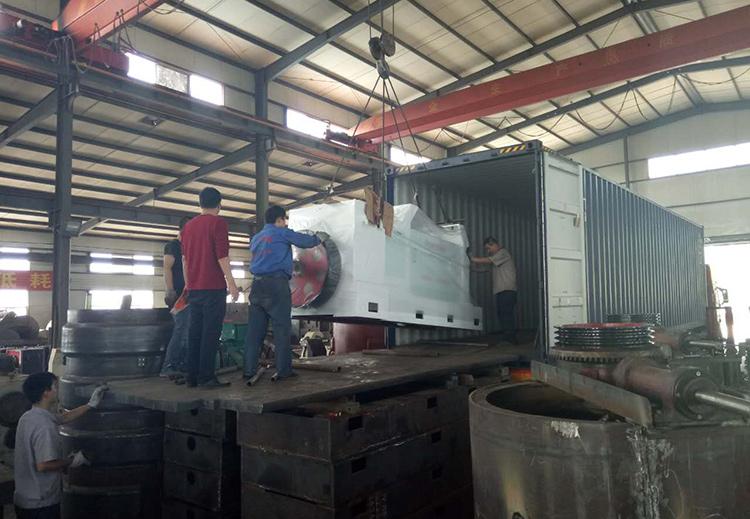Jul . 30, 2024 06:06 Back to list
Comprehensive Guide to Edible Oil Production Line Manufacturing Facilities and Their Operations
The Evolution of Edible Oil Production Line Factories
The edible oil industry plays a crucial role in the global food supply chain, providing essential cooking oils that cater to diverse culinary needs. With the rising demand for various edible oils, factories dedicated to their production have evolved significantly over the years. This article delves into the intricacies of edible oil production line factories, exploring their functionality, technological advancements, and the challenges they face.
Understanding the Production Process
Edible oil production begins with the extraction of oil from oilseeds or fruits. Common sources include soybeans, sunflowers, canola, palm, and olives. The initial step in the production line is the cleaning and preparation of the raw materials, which involves removing impurities such as dirt, stones, and plant residues. Following this, the oil extraction process can commence, typically employing either mechanical pressing or solvent extraction methods.
Mechanical pressing involves crushing the seeds or fruits to release oil, while solvent extraction uses chemical solvents to improve oil yield. Once extracted, the crude oil undergoes refining processes that remove free fatty acids, phospholipids, and other undesirable compounds. This refining is essential to enhance the oil's taste, shelf life, and nutritional value.
Technological Advancements
Modern edible oil production line factories have embraced technology to improve efficiency and reduce waste. Automated systems play a significant role in streamlining operations from oil extraction to bottling. Sensors and monitoring systems enable real-time tracking of production parameters, ensuring optimal performance and quality control.
Moreover, advancements in extraction technologies, such as supercritical fluid extraction, provide higher yields and cleaner products. These technologies not only increase efficiency but also support sustainable practices by minimizing energy consumption and reducing the environmental footprint associated with oil production.
edible oil production line factories

Meeting Quality Standards
Quality assurance is a top priority in edible oil production. Factories must comply with stringent food safety standards and regulations to ensure that the oils produced are safe for consumption. Regular testing for contaminants and adherence to quality control measures are vital aspects of the production process.
In addition to safety, there is a growing demand for healthier oil options. As consumers become more health-conscious, factories have responded by developing oils with specific health benefits, such as low in saturated fats or rich in omega-3 fatty acids. This shift has led to the introduction of novel oil blends and formulations aimed at meeting consumer preferences.
Challenges in the Industry
Despite the advancements in technology and production methods, edible oil production line factories face numerous challenges. Fluctuating raw material prices, driven by changes in agricultural productivity and market demand, can impact profitability. Additionally, climate change poses a threat to crop yields, leading to potential shortages and increased production costs.
Furthermore, maintaining sustainability is an ongoing concern. The palm oil industry, for example, has faced criticism for deforestation and habitat destruction. In response, many factories are now prioritizing sustainable sourcing practices and obtaining certifications that ensure environmentally responsible production methods.
Conclusion
The edible oil production line factories represent a dynamic sector within the food industry. As technological innovations continue to shape production processes, and as consumer preferences evolve towards healthier and sustainable options, these factories must adapt to remain competitive. The future of edible oil production looks promising, with a focus on efficiency, quality, and sustainability at its core. As awareness of environmental and health issues grows, the industry must navigate these challenges to ensure that it meets the needs of consumers while preserving the planet for future generations.
-
Expert Oil Filter Machine Service & Solutions | Quality & Reliability
NewsAug.22,2025
-
LZY-206 Double Screw Cold Oil Press – Maximize Yield, Preserve Nutrients
NewsAug.21,2025
-
Efficient Black Seed Oil Expeller & Multi-Seed Oil Press
NewsAug.19,2025
-
HP 120 Model Cold Oil Press-Hebei Huipin Machinery|Energy Efficiency, Multi-Functionality
NewsAug.18,2025
-
HP 120 Model Cold Oil Press-Hebei Huipin Machinery|Oil Extraction, Multi-Functional
NewsAug.18,2025
-
HP 120 Cold Oil Press - Hebei Huipin | Automation & Efficiency
NewsAug.18,2025
